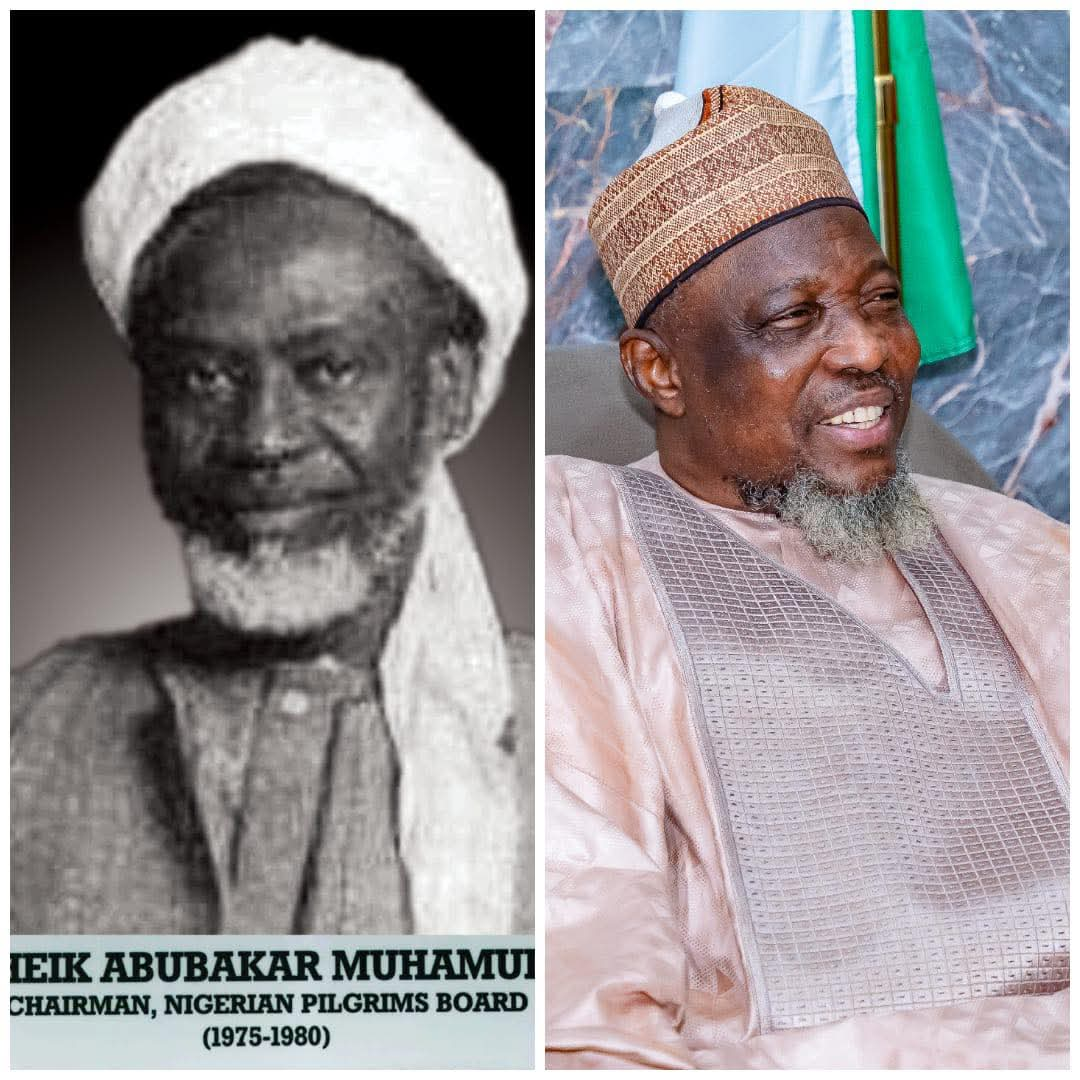NAHCON’s Battle for Betterment of Pilgrims’ Services and the Perils of Change.

By Muhammad Ahmad Musa
For over a decade, the National Hajj Commission of Nigeria (NAHCON) has being striving for the betterment of services in its mission to secure a safe and spiritually fulfilling Hajj experience for the Nigerian Pilgrims. Its leadership has navigated a maze of bureaucratic red tape in an environment marked by relentless opposition, with a quest for transparency and reforms which has become a beacon of hope for millions of devoted believers.
The journey toward meaningful change in Hajj management began with the courageous leadership of figures such as Sheikh Abubakar Mahmoud Gummi. In 1957, few years to Nigerian independence, Sheikh Gummi, then a Pilgrims’ officer, encountered a chilling episode that exposed deep-rooted exploitation within the system. Targeted by a group of ethnic sheikhs, involved in defrauding Pilgrims, he faced a sinister plot to poison his tea with broken glass. This alarming incident not only revealed widespread dishonesty but also underscored the fierce resistance to Hajj reforms. Gummi’s resolute rejection of Pilgrims being exploited. Yet, his willingness to confront imminent danger galvanized reform advocates and set a powerful precedent for responsibility.
Striving to build on this legacy, leaders like Professor Abdullahi Saleh Usman, is trying to take up the mantle of reform with determination and his team trying to introduce initiatives aimed at streamlining Hajj operations and safeguarding the interests of Nigerian Pilgrims. As usual, these progressive measures could provoke fierce backlash, smear campaigns and covert acts of sabotage that may derail progress and undermine public confidence in the reform movement.
Against the odds, Professor Usman reiterated his determination to assert that only services commensurate to Pilgrims’ value for their money would be accepted because it is a sacred trust that must never be compromised by NAHCON as a model of responsibility and honor. Every innovative initiative, NAHCON undertakes, reinforces the belief that reform is not merely an administrative adjustment but a sacred duty to the millions of Nigerian Pilgrims who placed their trust in the Commission.
For the Nigerian Pilgrims, an efficiently managed Hajj industry is essential to ensuring a spiritually enriching Hajj experience. When the Hajj stakeholders operates with integrity, every Pilgrim embarks on their journey with confidence and dignity, assured that their sacred pilgrimage is handled with the utmost care and respect.
Reform, therefore, is not simply a policy tweak but a profound commitment to honor, responsibility and ethical governance. Public support for these transformative changes is crucial, as it will empowers every reform-minded leader to challenge entrenched negative practices and pave the way for a more transparent and accountable system and society.
As NAHCON grapples with these pressures and challenges, its battle is ultimately one of resilience and determination. The Commission’s ongoing struggle calls on government officials, Hajj managers, reform advocates, and Pilgrims to unite in the pursuit of a system that honors both the spiritual and logistical dimensions of the pilgrimage. Although the journey toward comprehensive reform is fraught with peril, the promise of a more transparent and respectful Hajj continues to inspire change across Nigeria. This collective effort reinforces the NAHCON’s commitment to ethical governance and ensures that the Hajj remains a spiritual journey defined by honor and collective responsibility.
In conclusion, NAHCON’s fight against wrongdoing transcends administrative efficiency; it embodies the very essence of what the Hajj should represent, a sacred, dignified journey free from vice and exploitation.
Bold leadership, unwavering public support and an enduring commitment to integrity are paving the way for a future where the Hajj is tagged with honor, responsibility and excellence. NAHCON will continue striving in the setting of a transformative example for an ethical governance and reaffirming its commitment to the spiritual well-being of every Nigerian Pilgrim.
Follow Us
8,045
Fans
8,045
Fans
8,045
Fans
8,045
Fans


